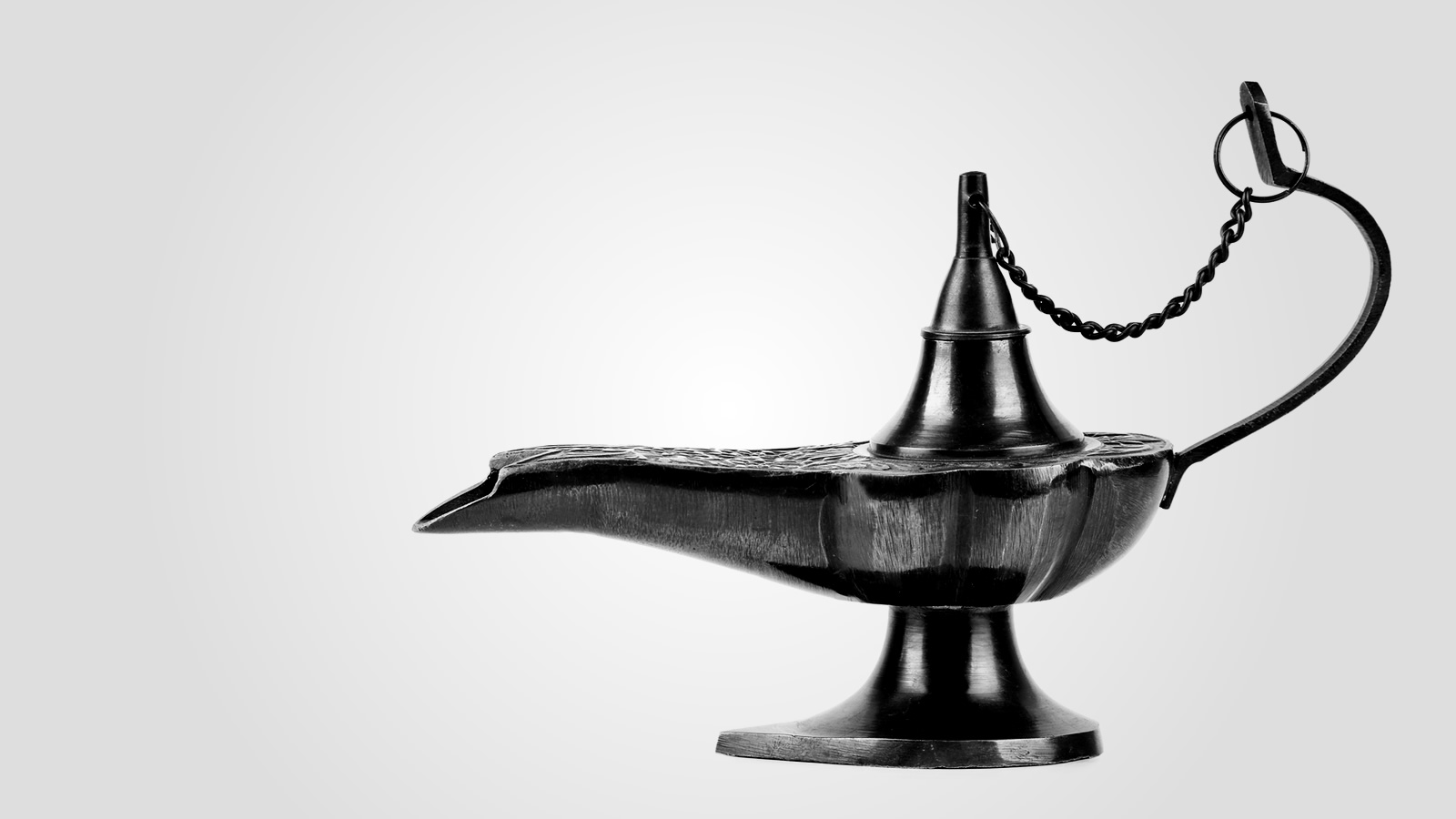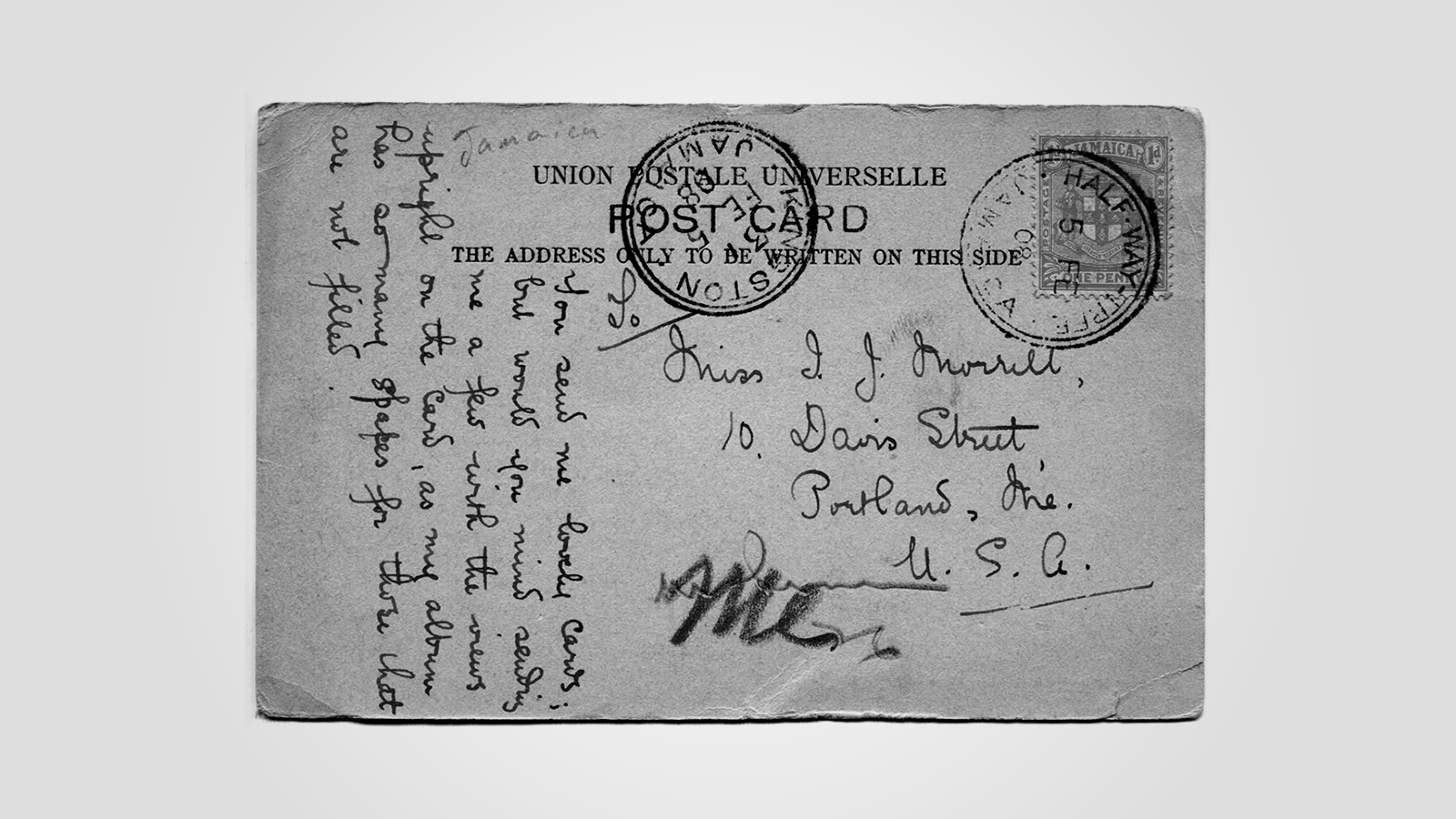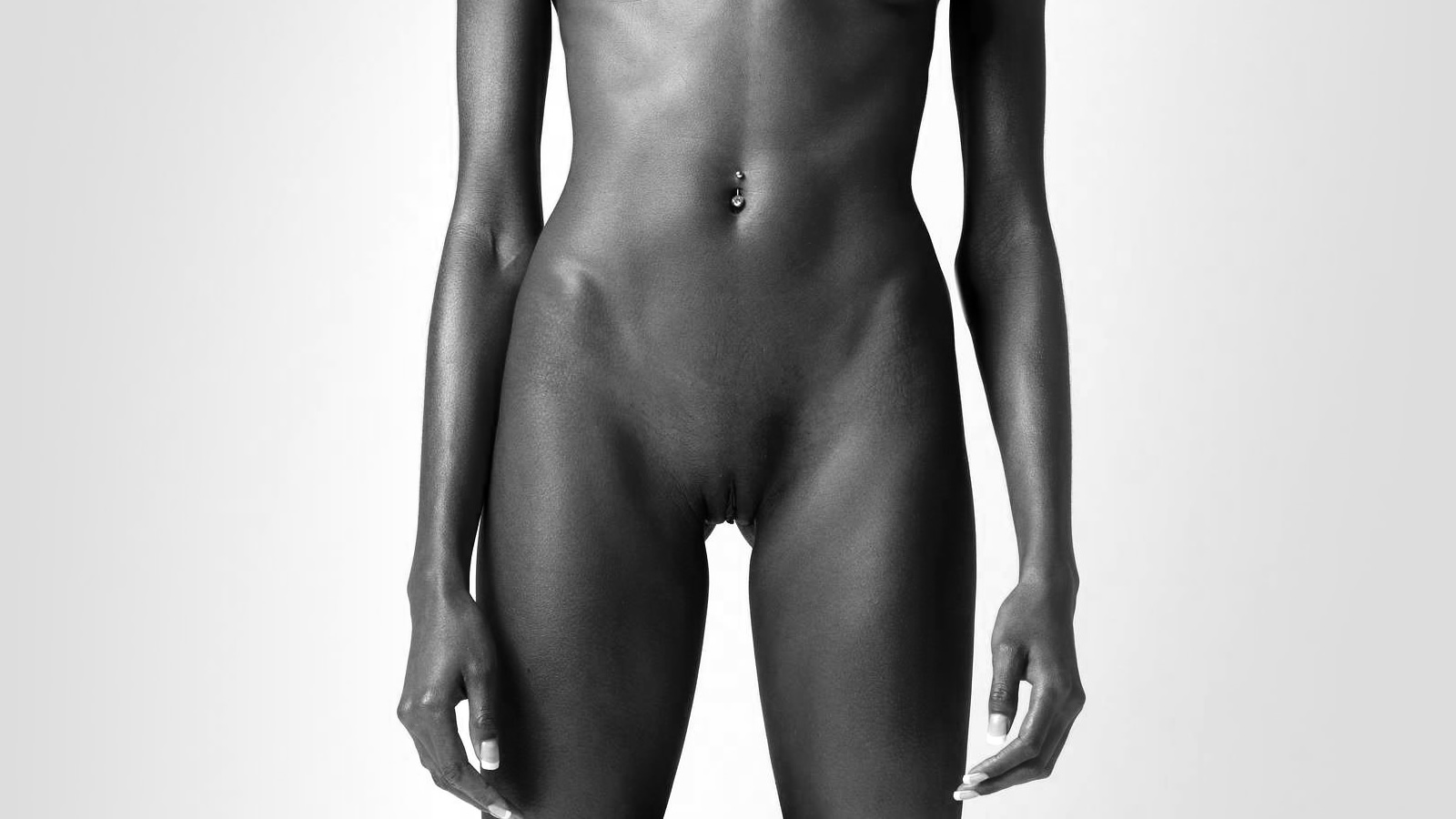Living in a country with beggars at the traffic light, prostitutes on the corner, and gunmen in the streets drives home certain truisms. We, as a people, are dissatisfied. We, as a people, want more. We, as a people, are tired, frustrated and disillusioned with our jobs, our schools, our spouses and coworkers, our politicians and parties and government, our roads and buses and taxis and tolls, our bills and fees and taxes and payments and loans. That’s how you feel, right? Right.
This peculiar mix of apathy and anger builds inside you until you quit your job or start smoking, get drunk or get high, beat your wife or leave your husband, find God or try to kill yourself. Here’s a better idea. Go see Diana at Centerstage. You’ll feel better, and you’ll get to watch characters who do most of the above, anyway.
Patrick Brown populates his remounted playscript, Diana, with some long-suffering (and thus highly frustrated) Jamaicans, starting with its title character, a struggling nightclub dancer brought to life by Camille Davis (not to be confused with Cameal Davis, ascendant star of Dreamgirls). Davis provides a subject lesson in stage acting—the art of living truthfully under imaginary circumstances. The simplest yet most powerful pleasure of watching theatre is its immediacy, and Davis lets us witness her joys and heartbreak, her pain and relief, minute by minute, beat by beat. Lovely stuff.
The Jambiz stable, along with one inductee, fills out the other roles—Glen Campbell, with a paunch, as Diana’s employer, Pops; Courtney Wilson, with a bigger paunch, as her beloved; Chris Hutchinson, with a six-pack, as her wicked and wild suitor; and Sakina, with a washboard stomach, as her deaf-and-dumb best friend and exotic dance partner.
Glen Campbell and Sakina are instantly convincing, as expected for such talents. In recent years, Campbell has eased gracefully into more supporting roles without sacrificing either dignity or vivacity (which puts him in the fine company of actors like Edward G Robinson and Lewis Stone). His style has similarly concentrated—he conveys more by doing less.
Sakina’s onstage energy, by contrast, is ceaseless but infectious (if at times excessive). She has that elusive and intangible quality—presence—which insists, like a lover, on your gaze.
Wilson, though not as seamless, warms up by the middle of the first act, and he and Davis display the familiar body language of a couple. Hutchinson fails to nuance his muscled thug, Babyface, spending his time swaggering around the stage.
Diana reflects the comfort of a director who feels at home. Trevor Nairne’s production is perfectly scaled to the confines of Centerstage—tucking a kitchen entrance upstage left, packing the walls with tchotchkes, and sending his actors to the downstage corners every so often. And there is one magical how-the-heck-did-they-do-that moment the first time Diana’s battered, broken house changes into Pops’ luminescent nightclub.
Such directorial competence is rare enough in local playhouses, but with Diana, Nairne has done much more than block actors on a well-built set. Through the judicious and precise use of the tools of theatre, Diana throws us, without reserve or apology, into the aspirations of ordinary Jamaicans—the kind of working-class citizens who don’t have the time, the diplomas or the resources to read theatre reviews in the newspaper. Life is too short, and too hard, and too unforgiving.
One scene opens with Wilson alone on the stage. His character is waiting up, late at night, for Diana to return. Nairne kills the lights except for amber rays peeking through the louvres. We must wait for Diana as well. All of us, sitting in the dark, phones at the ready, waiting for a loved one to reach home safely.
Diana captures, and by its existence preserves, and therefore elevates, such elementary truths of living in Jamaica—the life of the construction worker, the dancer, the barman and the badman. No well-turned phrase or cheap industry award can repay Brown and Nairne (although they certainly help). The only appropriate tribute is your laughter, and your tears, and your applause.
Diana runs Wednesdays to Sundays at 8pm, with additional matinees on the weekend.









